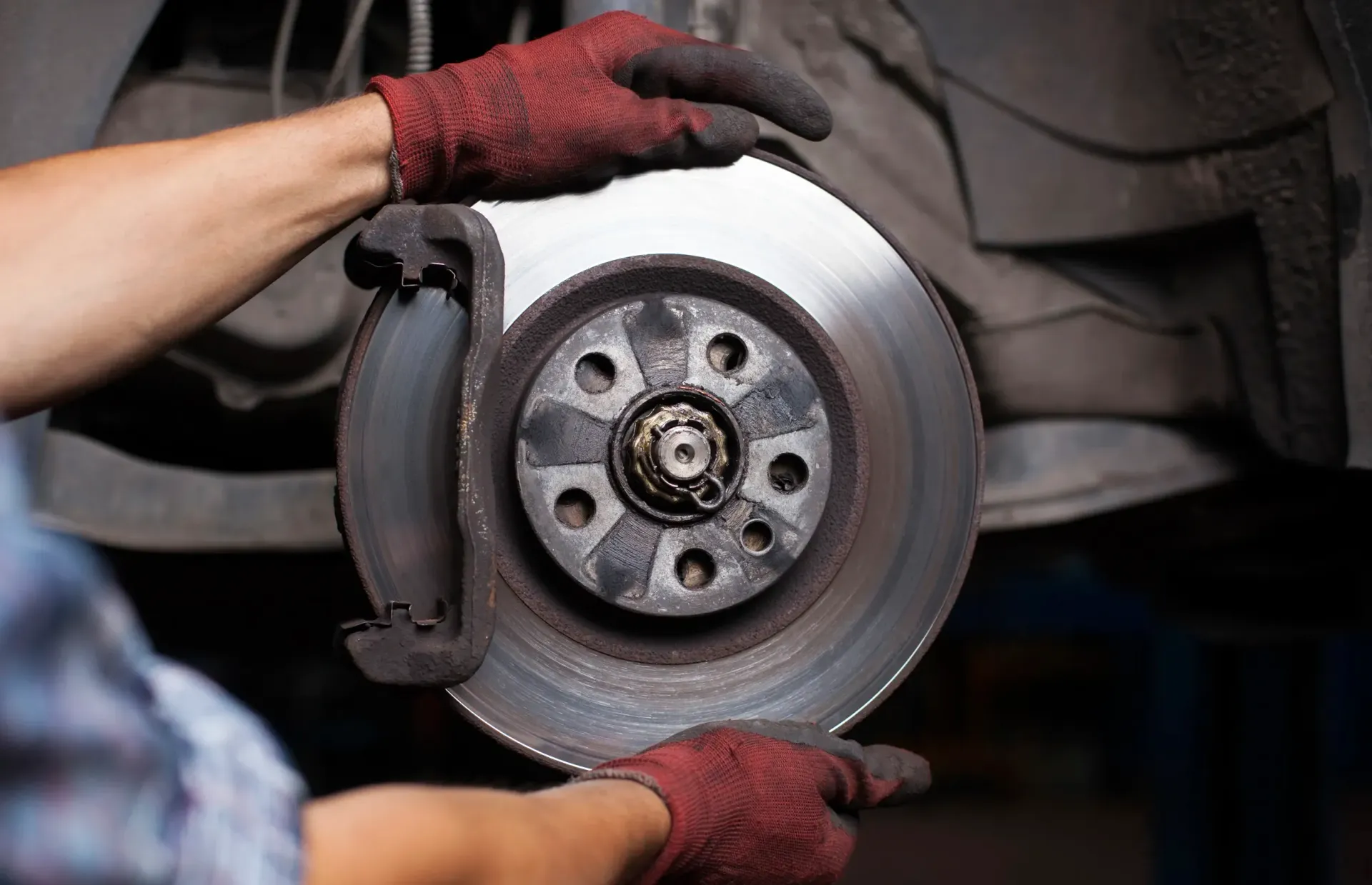Wherever You Are in Colorado, We’re Close By with Multiple Convenient Locations To Serve You!
How Often Should You Really Change Your Oil?
Are you one of those drivers who religiously follows the standard "every 3,000 miles" rule for oil changes? Or perhaps you've heard conflicting advice, leaving you puzzled about the ideal frequency for this crucial vehicle maintenance task. Here at Colorado Tire & Service, we understand the importance of keeping your engine well-lubricated, but we also believe in providing you with accurate information to make informed decisions. So, let's delve into the question: How often should you really change your oil?
First off, let's dispel a common myth. The notion that you need to change your oil every 3,000 miles is a relic of the past, back when engines and oils weren't as advanced as they are today. While it's true that regular oil changes are essential for engine health, the interval largely depends on several factors:
- Driving Habits: Are you mainly driving short distances in stop-and-go traffic, or do you embark on long highway journeys? Aurora, Denver, Centennial, and Thornton, CO motorists experience a variety of driving conditions, each impacting oil life differently.
- Vehicle Age and Model: Older vehicles and high-performance models might require more frequent oil changes due to engine wear or higher operating temperatures.
- Oil Type: The type of oil used in your vehicle also influences change intervals. Conventional oil typically requires more frequent changes compared to synthetic or synthetic-blend oils.
- Manufacturer Recommendations: Your vehicle's manufacturer provides guidelines on oil change intervals in the owner's manual. Following these recommendations ensures optimal performance and longevity.
Now, let's talk numbers. While the 3,000-mile rule might be outdated for many vehicles, it's still a safe bet for certain older models or extreme driving conditions. However, most modern vehicles can go much longer between oil changes. In fact, many manufacturers now recommend intervals of 5,000, 7,500, or even 10,000 miles between changes.
To determine the best interval for your vehicle, consider the factors mentioned earlier and consult your owner's manual. If you're unsure or prefer personalized advice, our team at Colorado Tire & Service is here to help. We can assess your driving habits, vehicle age, and manufacturer recommendations to devise a tailored oil change schedule that maximizes engine protection and efficiency.
But why does regular oil changing matter anyway? Well, think of engine oil as the lifeblood of your vehicle. It lubricates moving parts, reduces friction and wear, helps dissipate heat, and prevents harmful deposits from forming. Neglecting oil changes can lead to decreased engine performance, reduced fuel efficiency, and even costly repairs down the road.
By staying proactive with oil changes, you not only prolong the life of your engine but also save money in the long run. Plus, you're doing your part for the environment by maintaining a well-tuned vehicle that emits fewer pollutants.
In conclusion, the frequency of oil changes isn't a one-size-fits-all affair. It depends on various factors unique to your driving habits and vehicle. Rather than blindly adhering to a rigid mileage schedule, take a more nuanced approach based on manufacturer recommendations and expert advice.
Remember, an ounce of prevention is worth a pound of cure. So, whether you're cruising through Aurora, Denver, Centennial, or Thornton, CO, trust Colorado Tire & Service to keep your engine purring with timely oil changes and top-notch automotive care. Your vehicle—and your wallet—will thank you for it.
Services
List of Services
-
Oil ChangeOil Change
-
Brake Repair and ServiceBrake Repair and Service
-
Tire ServicesTire Services
-
Engine DiagnosticsEngine Diagnostics
-
Wheel AlignmentWheel Alignment
-
Battery or Alternator Repair and ServicesBattery or Alternator Repair and Services
-
Steering and SuspensionSteering and Suspension
-
Check Engine LightCheck Engine Light
-
Fleet ServiceFleet Service
-
Heat and A/CHeat and A/C
Services
List of Services
-
Oil ChangeOil Change
-
Brake Repair and ServiceBrake Repair and Service
-
Tire ServicesTire Services
-
Engine DiagnosticsEngine Diagnostics
-
Wheel AlignmentWheel Alignment
-
Battery or Alternator Repair and ServicesBattery or Alternator Repair and Services
-
Steering and SuspensionSteering and Suspension
-
Check Engine LightCheck Engine Light
-
Fleet ServiceFleet Service
-
Heat and A/CHeat and A/C









